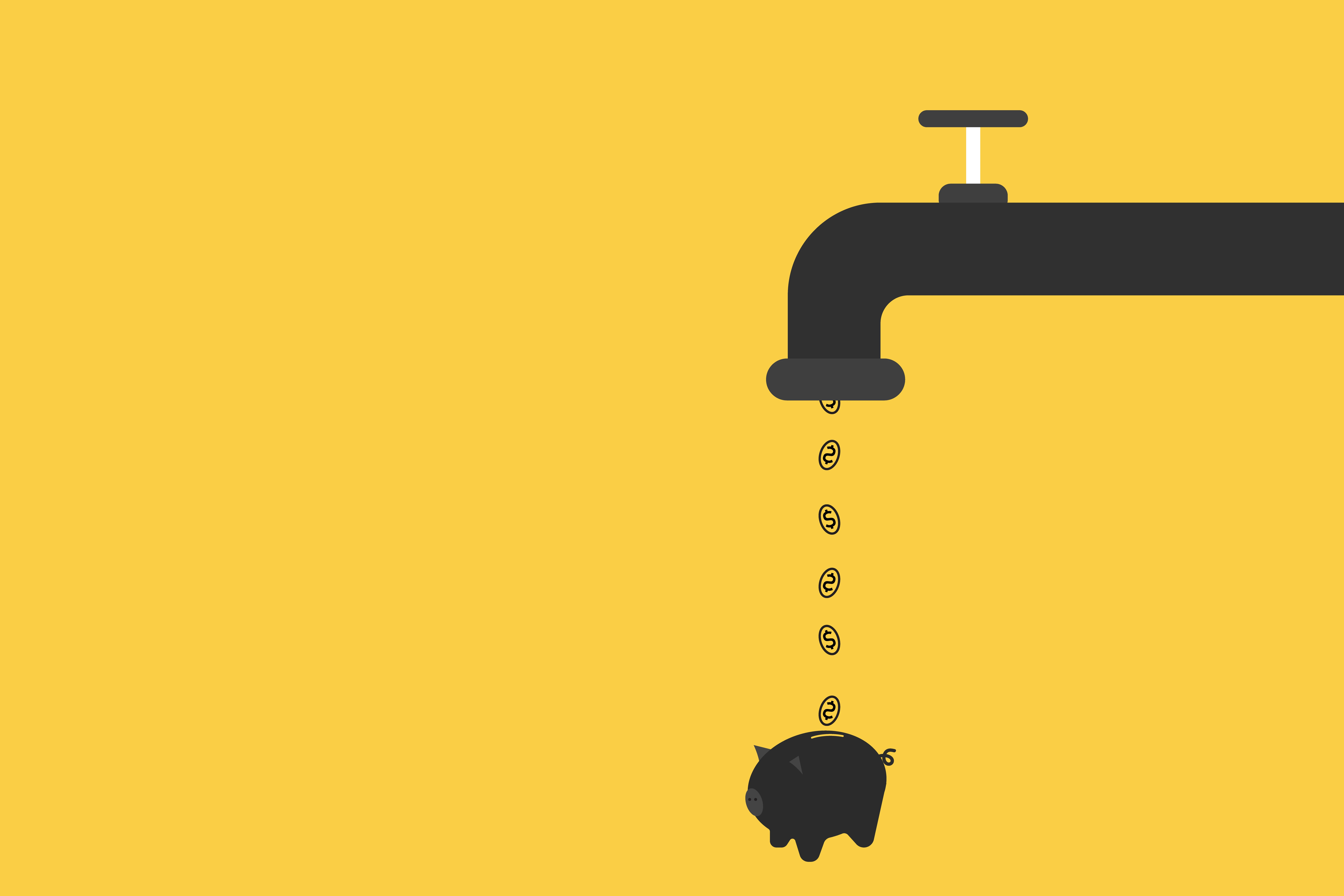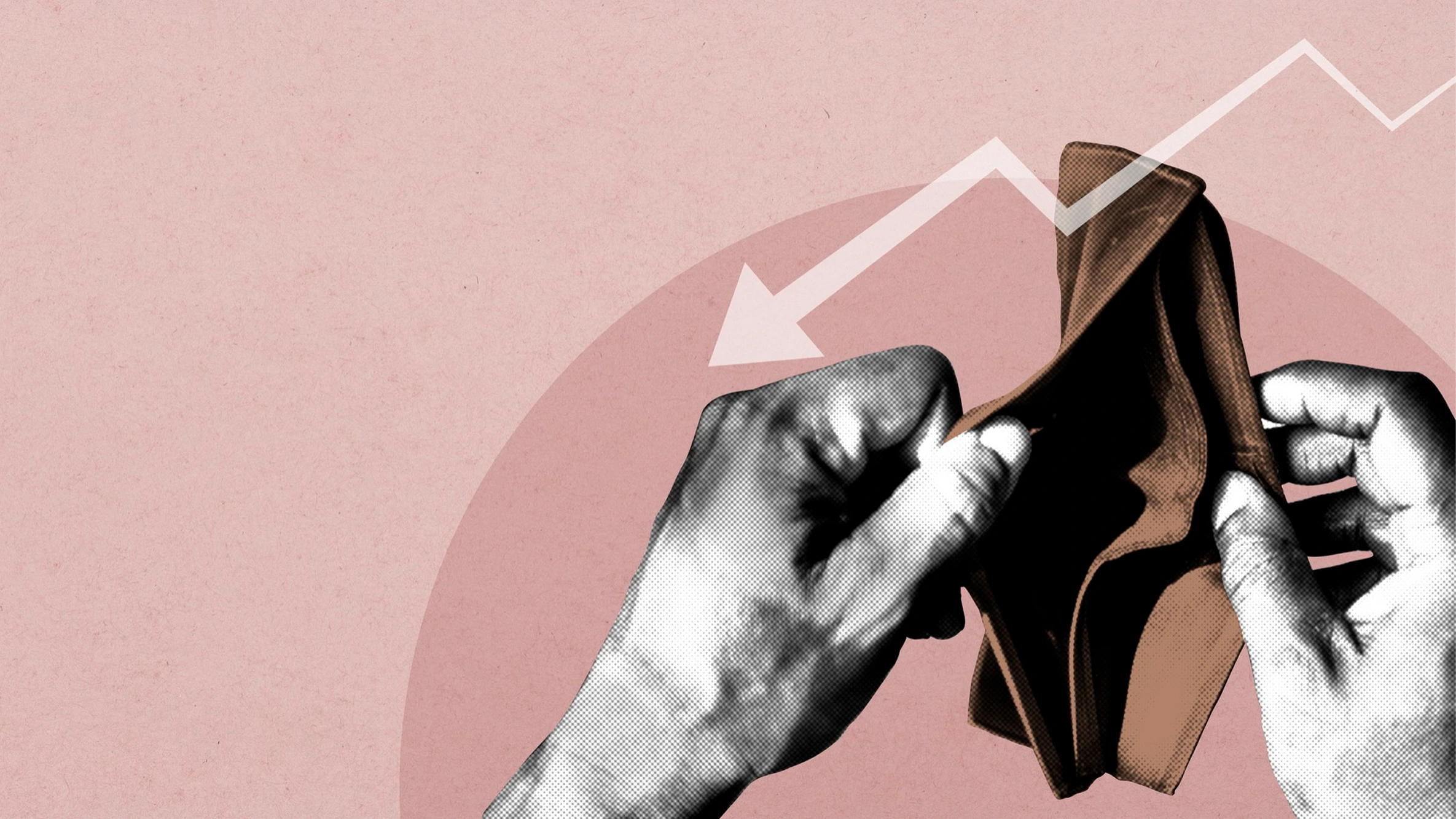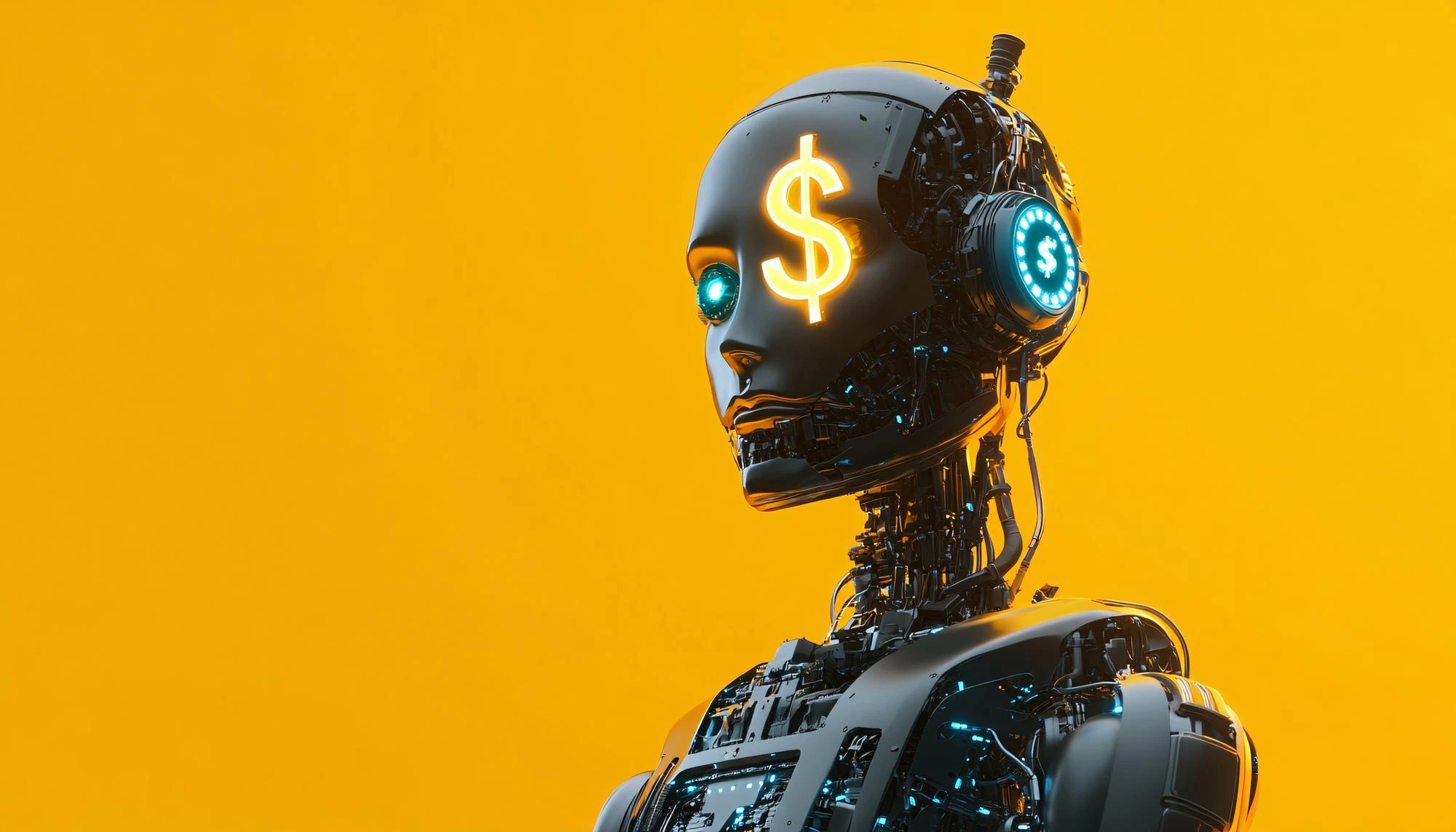Plano, TX. Their marketing materials would like us to call it the Balloon Capital of Texas (as in hot air balloons), but since it’s the headquarters of Frito-Lay, we prefer to think of it as the birthplace of Flamin’ Hot Cheetos.
Hashtag priorities.
ANYWAY, we’re here checking out the Non-Prime Auto Financing Conference, and talking to everyone we can about what’s happening.
Here are the top three things everyone here is buzzing about (in between bites of Flamin’ Hot Cheetos):
Prices, rates, and payments aren’t going anywhere
In Experian’s State of the Automotive Finance Market Report for Q1 2023, they announced the average car payment for new cars is $725. And Edmunds says nearly 15% of drivers who financed a car at the end of last year are paying over $1000 a month.
No one here at NPAF is shocked by this news, but what we’re hearing people talking about this week is that those numbers aren’t going to budge for at least the next year.
Used car prices are starting to fall, which normally would be good news, but the continued high interest rates that are influencing those lower prices means non-prime borrowers are more likely to stick with what they have.
Which leads us to….
Repo rates are low
No one likes a repossession - not the borrower, and not the creditor.
So even though delinquencies are rising, what non-prime teams we’ve been talking to here at NPAF are saying is that these borrowers are bending over backwards to make sure they’re not missing car payments.
After all, if these borrowers lose their cars, they could lose their jobs. And if they live in areas without easy or reliable public transportation, they’re going to have a tough time getting a new job without a car. We wrote about this recently when our data showed us inflation wasn't the most likely reason for delinquency.
All this to say everyone is working to make sure repo rates stay low, with ideas like…
Creative repayment terms
In order to avoid those dreaded repos, creditors are getting creative with repayment terms.
The biggest solution that’s not going away - lengthy loans.
Reuters reports: “New car loans lasting 73-84 months (over six years) rose to 34.4% of the market in 2022 from 28.6% in 2018, according to auto information site Edmunds. A few borrowers are going even longer, with less than 1% of new car loans lasting 85 months or more.”
Because interest rates and delinquencies are both expected to stay high for the near term, we’re hearing folks are going to keep those longer loans, even if they end up underwater.
Thanks to everyone who chatted with us at this year's NPAF! We’ll see you next time, after we’ve finished scraping all this Cheeto dust off our fingers.
































-min.avif)





.avif)






















.avif)









.avif)





.avif)





















.png)


